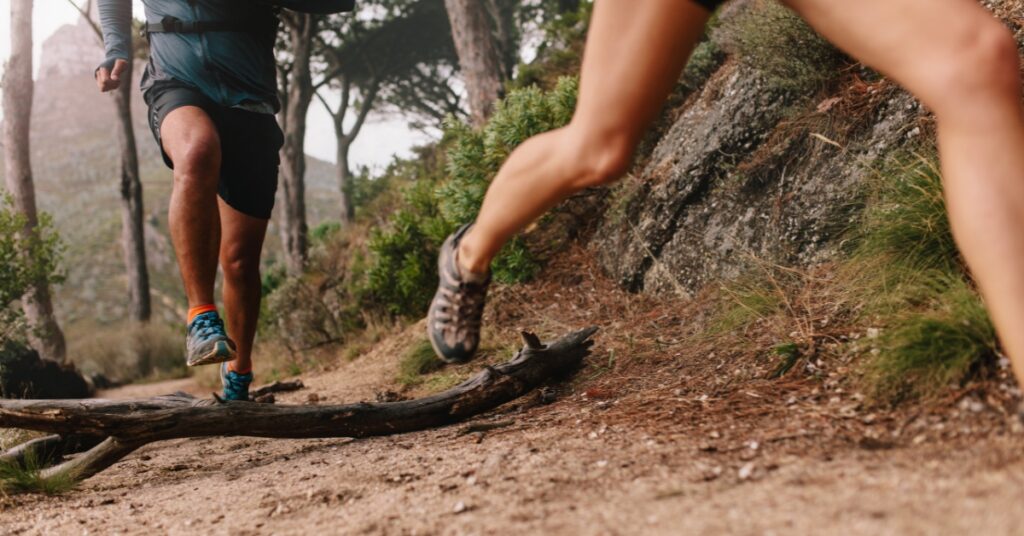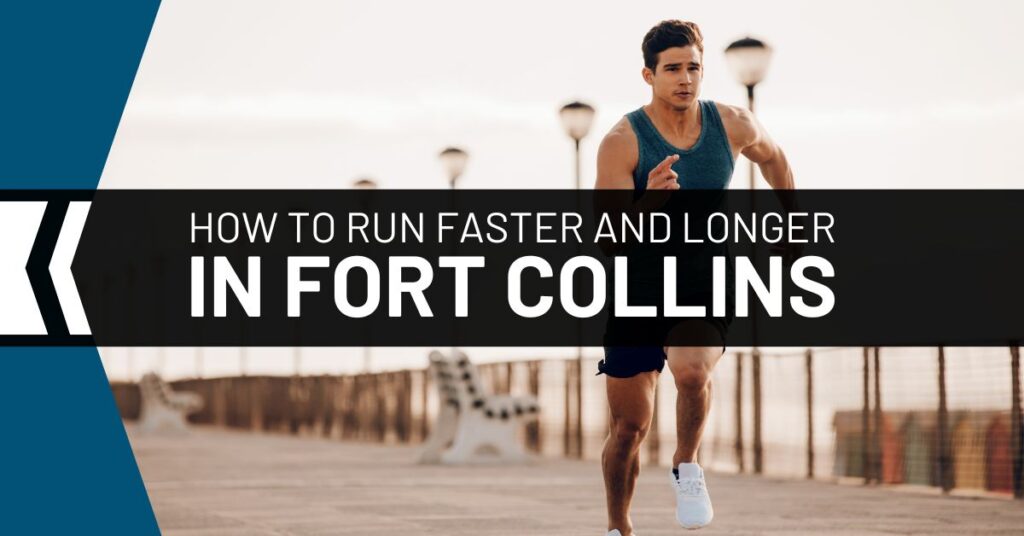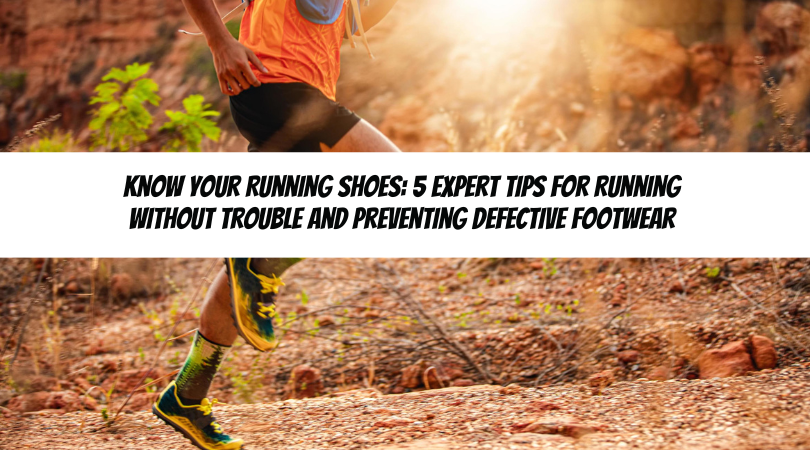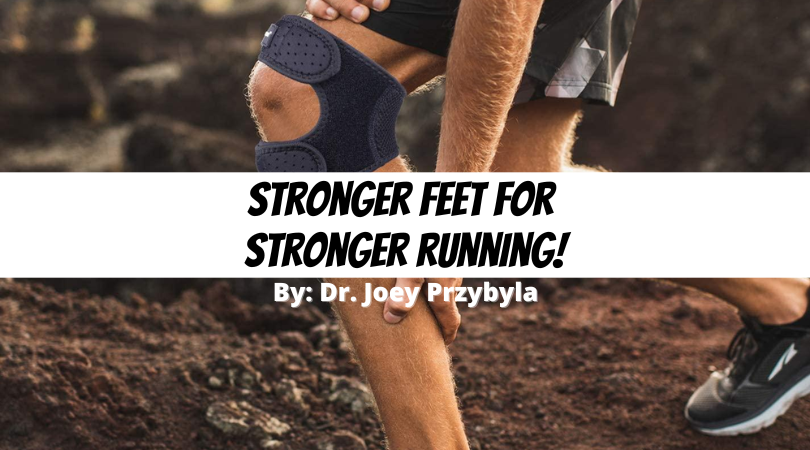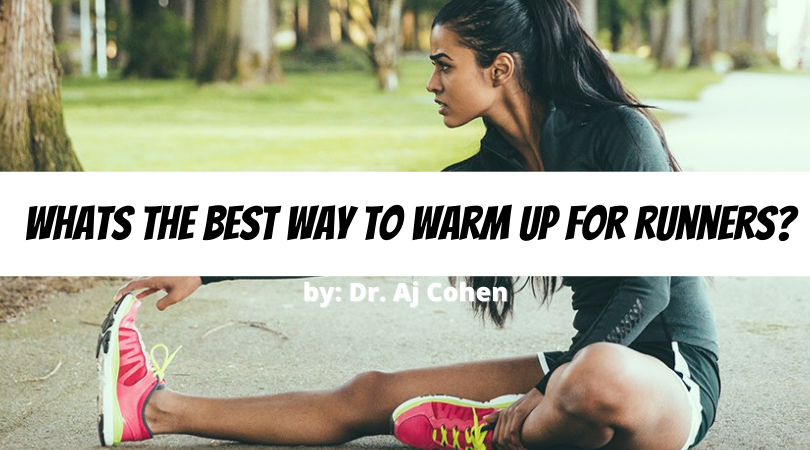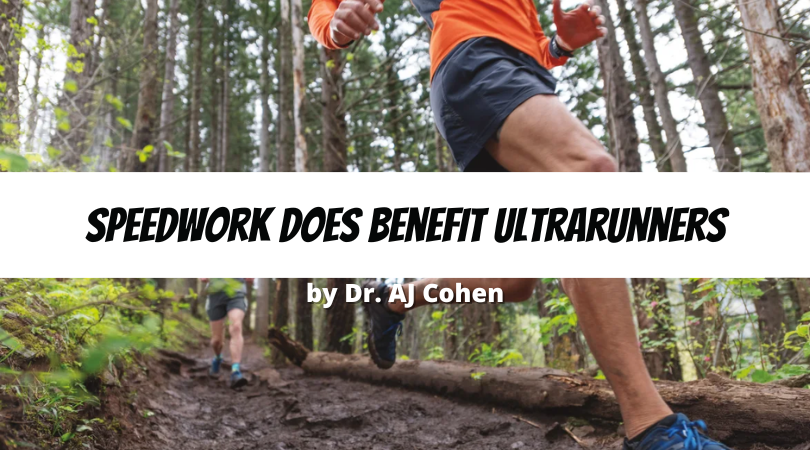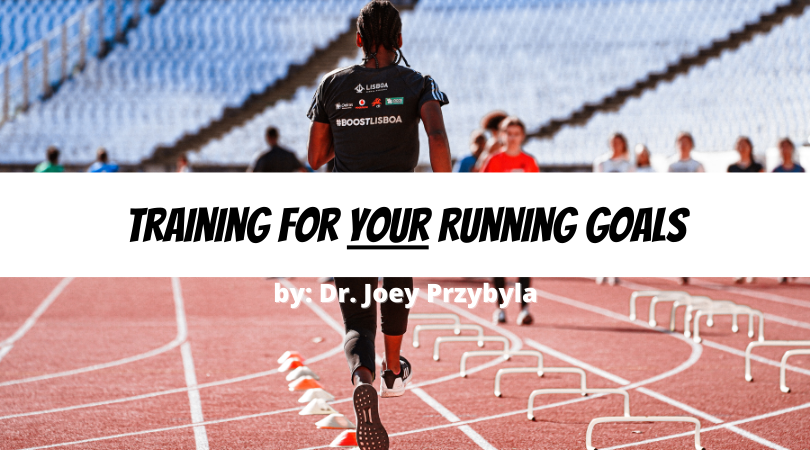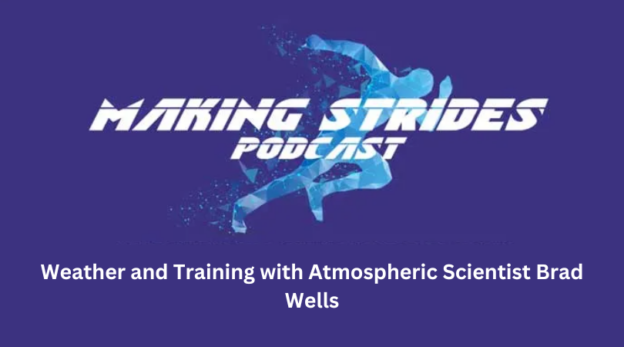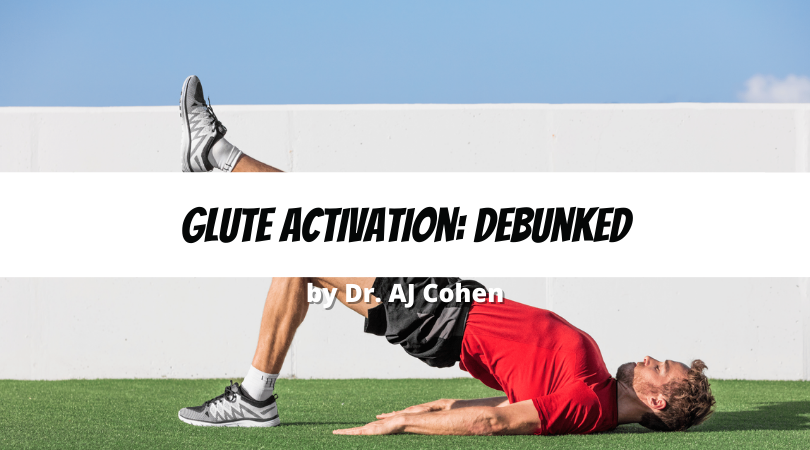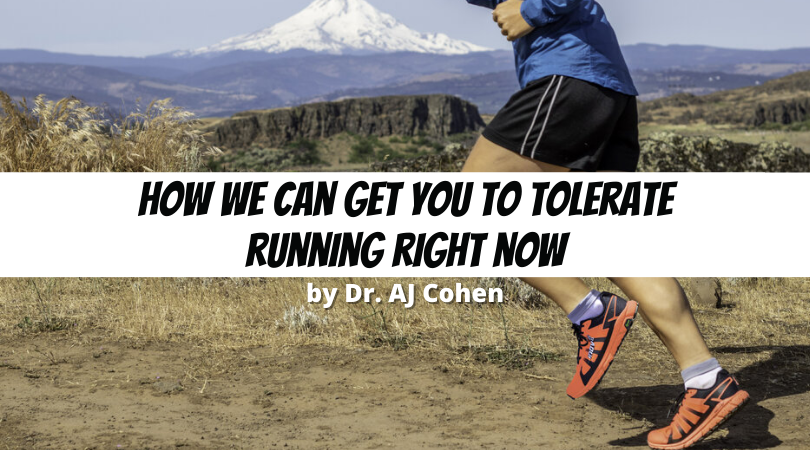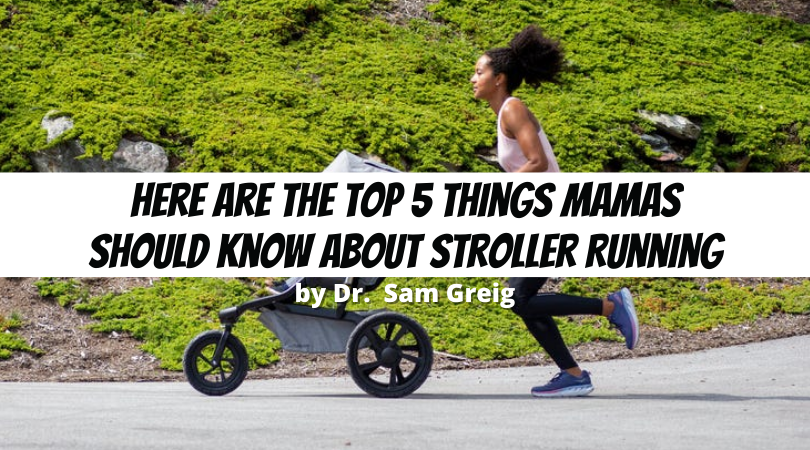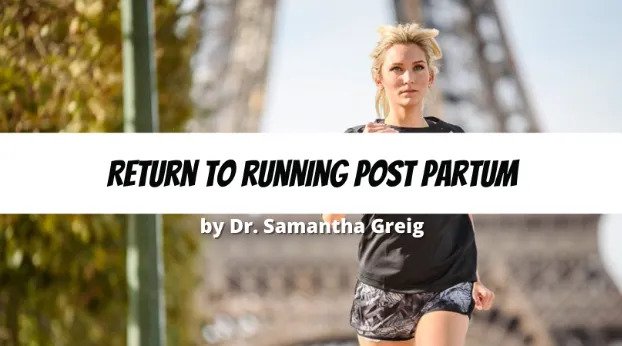How to Keep Knees Healthy: Running for a Lifetime
Imagine training for months to run the Horsetooth Half Marathon, only to be sidelined by knee pain weeks before race day. Unfortunately, this is a reality for many runners who neglect proper knee care. So, how to keep knees healthy?
Studies show that the knee joint is one of the most vulnerable areas for overuse injuries. But here’s the good news: with the right approach, you can:
Bulletproof your knees
Reduce injury risk
Enhance your performance
How to Keep Knees Healthy: Running for a Lifetime Read More »

